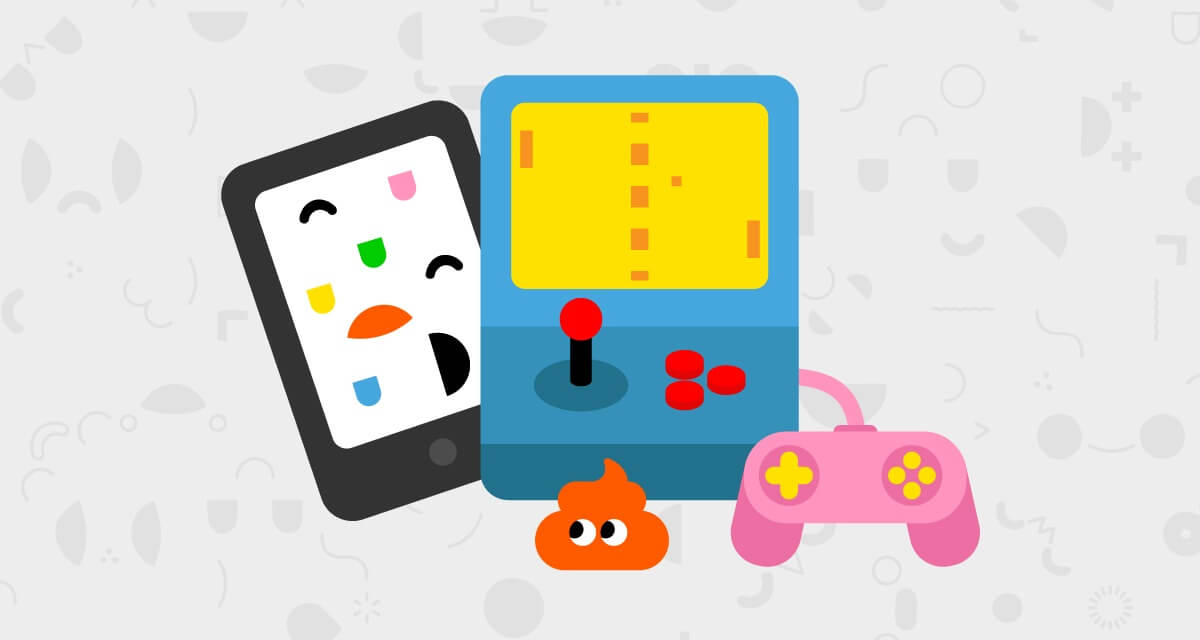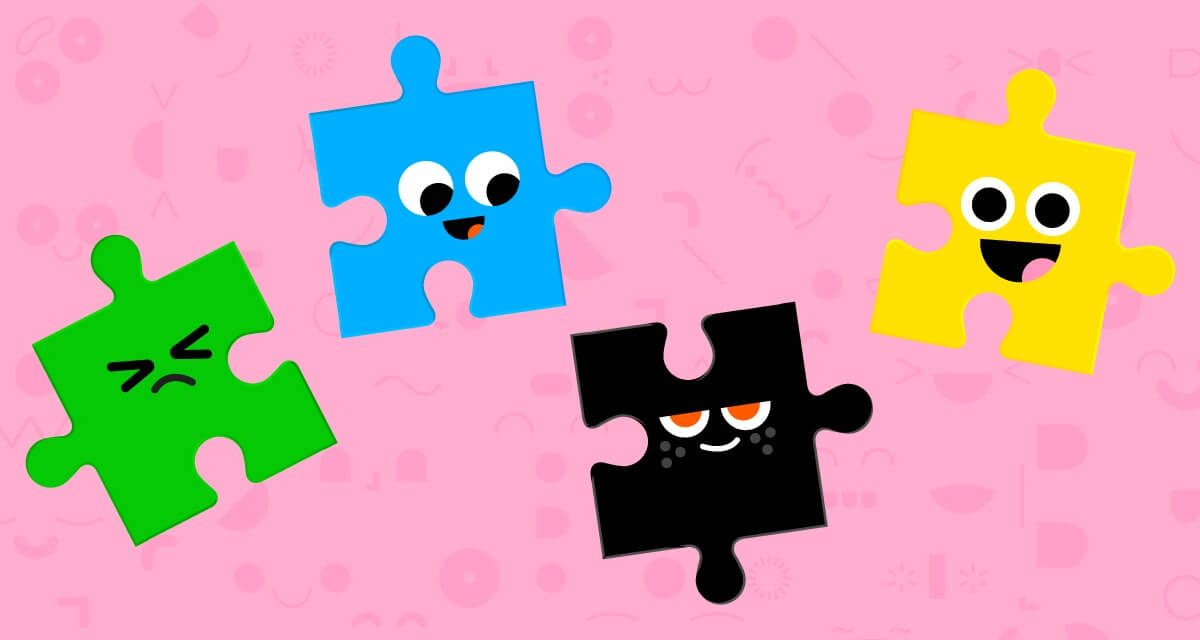Child psychologist consults with a 10-year-old expert and takes the toys for a spin himself.
- By
- Parker Barry
The other day at my clinical practice, four kids in a row arrived with fidget spinners and proudly showed them off to me. They told me that everyone was taking them to school and that they are a toy to help with focus, although that was clearly not the allure. They demonstrated fidget-spinner tricks and talked about how much fun they have been having with their new toys.
Being a child psychologist puts me in a good position to identify children’s trends before they are obvious to most people (I could tell Minecraft was going to be huge months before most adults). But I know I don’t need to tell you about this fidget-spinner fad: It seems as if these toys are in every store and in every child’s hands.
Fidget spinners are made to help kids with ADHD, learning disabilities, and autism spectrum disorder focus, aren’t they? As a child clinical psychologist who works with many kids affected by ADHD, autism and learning difficulties, I am familiar with many of the movement strategies that help kids with attention issues. Opportunities to stand, move around the classroom, chew gum, sit on a yoga ball, or have a squeeze ball or smooth rock to roll around in your hand are extremely beneficial. But until a couple months ago, I had never heard of a fidget spinner.

A kid’s perspective on fidget spinners
So I consulted with an expert, my 10-year-old niece Keira. Keira is a fourth-grade student with a wry sense of humor who often understands adults better than they understand themselves, and she has a critical eye for what her classmates are doing. Keira’s take is that fidget spinners can be fun because “they occupy you so that you are not bored.” She says that when she’s doing homework, fidget spinners make it better “because you’re doing something that you actually like to do even if you’re a little bored with your homework.” But while many of Keira’s classmates say that fidget spinners help them focus, she observes that when they use it like a toy to do tricks, they’re aren’t actually paying attention to the teacher or doing their work. However, she also noted that playing with her fidget spinner made a long drive home from her mother’s birthday party go more quickly.
Being a big kid myself, I enjoy things such as comic books, playing outside and screen time. So I ordered a fidget spinner and a fidget cube from Amazon to try them for myself. There were an incredible number of choices for both the fidget spinners and the cubes, as well as a whole variety of other types of fidget toys. To see if they really do help with focus, I started playing with them as I prepared to write this article.
Testing out fidget spinners and fidget cubes
The first thing I observed is that it’s really hard to write, type or even dictate if you are holding a fidget spinner in your hand. I found the fidget spinner to be something I really needed to pay attention to visually. The fidget spinner has a tactile/sensory component, in that the weighting and balance are remarkable. Playing with the fidget spinner required my full focus and visual attention, and I did not master fidget-spinner tricks such as being able to spin it with my thumb or using only one hand.
Playing with the fidget spinner required my full focus and visual attention.
On the other hand, the fidget cube was something I was able to hold in my hand and play with while engaged in other activities and required very little visual attention. I could probably listen to a lecture and concentrate while holding a fidget cube in my other hand. It wouldn’t do me much good if I were typing with two hands, but if I simply needed to sit back and listen to something or even hand-write some notes I might be able to do it.
While I’m rather skeptical about whether fidget spinners really help kids improve their focus across tasks, I wonder whether they might be useful for enhancing specific types of concentration or reducing stress. Viewing fidget spinners as a fun, inexpensive toy that entertains your child is the best advice I can give parents. To learn more and determine if there are really any cognitive or social/emotional benefit to these toys, I am diving into the scientific studies on these devices and other fidget tools. You can see the preliminary results of my research in another article I wrote, Do Fidget Spinners Really Help?
Randy Kulman, Ph.D., is a licensed clinical psychologist and founder and CEO of LearningWorks for Kids.



